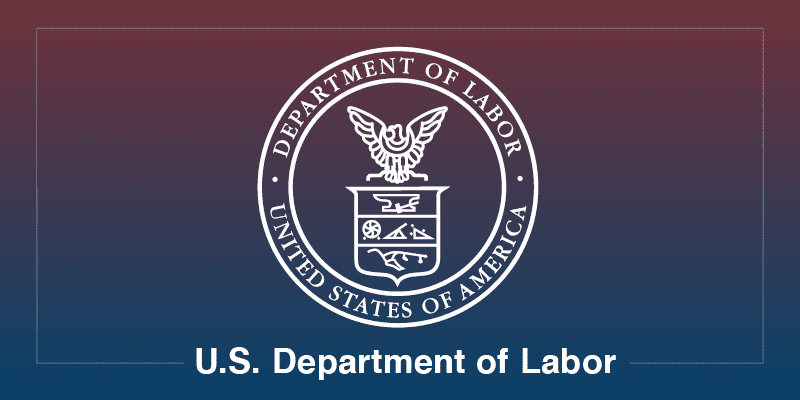Buck Randall
Well-known member
- Joined
- Jun 5, 2019
- Messages
- 2,697
- Reaction score
- 3,148
If you want a free market based on supply and demand, then government needs to break up big businesses that are able to distort the market.What is the reason to have a government set minimum wage? Should the government set a minimum price for feeder cattle? For gasoline? For a pair of shoes? For ammunition? For filling a tooth? For baling hay? All these should be set by supply and demand, not the government. Suppose there was a minimum price for feeder cattle, say $1.45/lb. After all, the farmer is entitled to make a living from his work. Can't do that at $0.80/lb. Now suppose you had a limping, sick looking one that you take to the auction. Minimum bid is $1.45. Guess what - no one bids. You need to come pick up your calf. What are you going to do with it. Could have sold for $0.70 except that there is a minimum price. Same principles apply to wages. Some people are not capable of producing at the $15/hr level. They will not be hired. Pricing based on supply and demand will straighten it all out.
Do we need the government setting all the prices? A free market is about supply and demand, not minimums, maximums, subsidies, credits, etc. Those all screw up the supply and demand. Maybe all farm loans should be forgiven. Maybe a free new farm truck every 10 years - electric of course. The limit we do need is term limits for our "rulers".
If fat cattle only bring 1.10/lb. is that because they're only worth that much, or is it because there are only two buyers that have a gentlemen's agreement to stop bidding at 1.10? If there were dozens of small packers at the auction and they didn't know each other, I guarantee the price would start going up. Sure, some farmers can work around this by selling freezer beef, but that isn't going to work for the majority. They have to market their cattle for the price offered. If somebody told Tyson they were required to pay for cattle based on cost of production, they'd cry that it's impossible and you'll run them out of business. Would you believe them?
The labor market works the same way. Walmart, McDonalds, Amazon, etc. can offer any lowball number they want because they're big enough to dominate the labor market. Sure, some qualified individuals will go elsewhere and make more money, but that's not an option for everyone. It ends up working like a boat anchor on the whole labor economy. The big boys pay as little as they can get away with, and the little boys pay a little more. Any discussion of raising that minimum gets all of the businesses crying that it's impossible and they'll be run out of business. Hogwash. If everyone has to play by the same rules, they'll find a way. People aren't going to stop buying products and services. Jeff Bezos isn't going to be in the free soup line.

